Willie Nelson
Willie Nelson

Willie Hugh Nelson, born on April 29, 1933, is a prominent American country singer, guitarist, and songwriter. He played a pivotal role in shaping the outlaw country subgenre, which emerged in the late 1960s as a response to the conventional constraints of the Nashville sound. Nelson's album "Shotgun Willie" (1973) marked a significant breakthrough in his career, followed by the critically and commercially acclaimed albums "Red Headed Stranger" (1975) and "Stardust" (1978), which solidified his status as one of the foremost figures in country music.
Beyond his musical accomplishments, Nelson has showcased his talents in over 30 films and has co-authored several books. He is also recognized for his activism, particularly in advocating for the use of biofuels and the legalization of marijuana. Nelson's multifaceted career and enduring influence have made him a revered icon in American music and culture, celebrated for his distinctive voice, songwriting prowess, and unwavering commitment to artistic expression and social causes.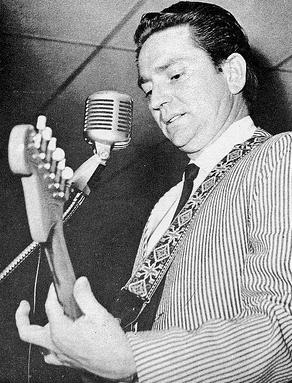
Willie Nelson's journey in music began at a remarkably young age. He penned his inaugural song at the tender age of seven and embarked on his musical endeavors by joining his first band at just ten years old. Throughout his high school years, Nelson toured locally with the Bohemian Polka band, assuming the roles of lead singer and guitarist.
Following his graduation from high school in 1950, Nelson enlisted in the U.S. Air Force but was subsequently discharged due to back issues. Upon his return, he briefly attended Baylor University but opted to pursue music full-time due to his burgeoning success in the field. Nelson ventured into radio, working as a disc jockey in Texas and the Pacific Northwest while concurrently honing his craft as a singer-songwriter throughout the late 1950s.
During this period, Nelson composed several songs that would later become country classics, including "Funny How Time Slips Away," "Hello Walls," "Pretty Paper," and "Crazy." In 1960, he made the pivotal move to Nashville, Tennessee, where he secured a publishing deal with Pamper Music and joined Ray Price's band as a bassist. Two years later, Nelson released his debut album, "...And Then I Wrote," marking the commencement of his recording career.
Buoyed by his initial success, Nelson signed with RCA Victor in 1964 and became a member of the esteemed Grand Ole Opry the subsequent year. Despite enjoying moderate chart success in the late 1960s and early 1970s, Nelson grew disenchanted with the commercial constraints of the Nashville music scene. In 1972, he relocated to Austin, Texas, drawn by the vibrant music community. Immersed in Austin's dynamic music scene, Nelson reignited his passion for performing and became a fixture at venues like the Armadillo World Headquarters.
In 1973, Willie Nelson's musical trajectory took a significant turn when he signed with Atlantic Records and embraced the outlaw country movement. Albums like "Shotgun Willie" and "Phases and Stages" marked his foray into this rebellious subgenre, characterized by its rejection of the Nashville establishment's commercial constraints.
Transitioning to Columbia Records in 1975, Nelson achieved critical acclaim with the release of "Red Headed Stranger," a landmark album in outlaw country. The same year, he collaborated with Waylon Jennings, Jessi Colter, and Tompall Glaser on "Wanted! The Outlaws," another seminal outlaw country record.
Throughout the mid-1980s, Nelson's career soared with hit albums like "Honeysuckle Rose" and chart-topping singles such as "On the Road Again," "To All the Girls I've Loved Before," and "Pancho and Lefty." Notably, he joined forces with Johnny Cash, Waylon Jennings, and Kris Kristofferson to form The Highwaymen, a country supergroup that captivated audiences with their collective talent.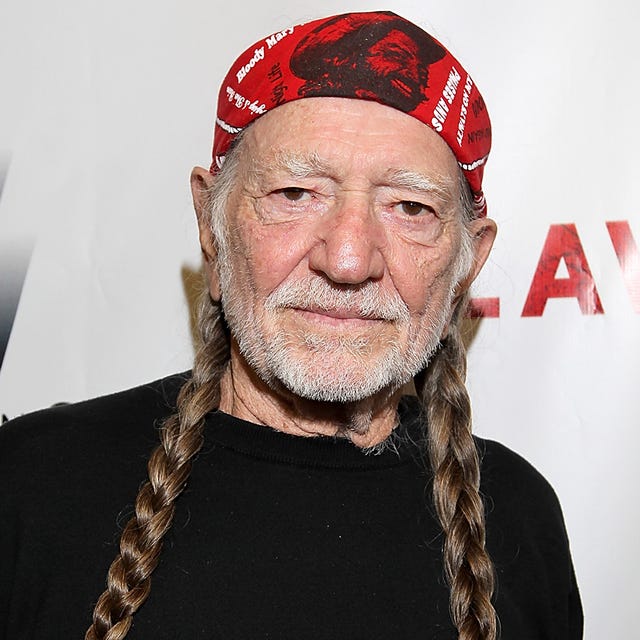
In 1985, Nelson demonstrated his commitment to social causes by organizing the inaugural Farm Aid concert, aimed at supporting American farmers facing financial hardships. This charitable initiative has since become an annual event, with Nelson's unwavering participation in every edition, cementing his status as a steadfast advocate for agricultural communities.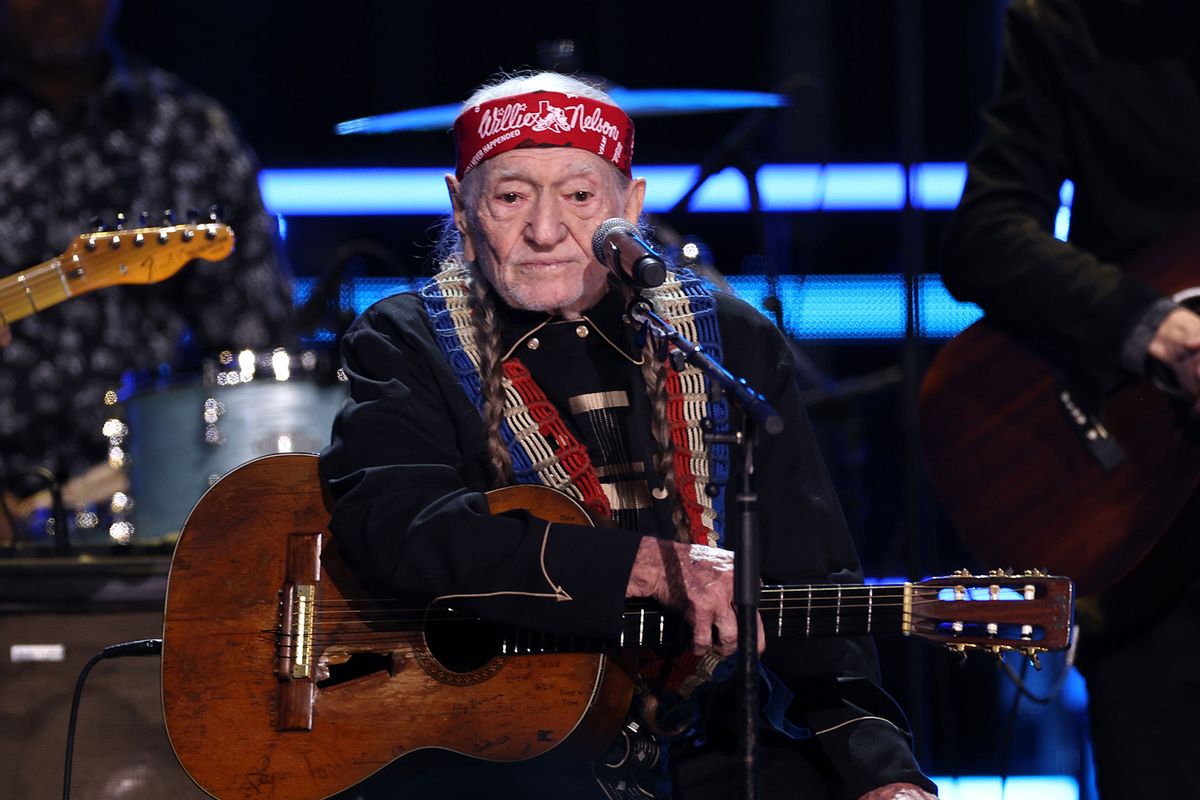
In 1990, Willie Nelson faced a significant financial setback when the Internal Revenue Service (IRS) seized his assets, claiming he owed $32 million in unpaid taxes. Nelson's financial struggles were compounded by unsuccessful investments made during the 1980s.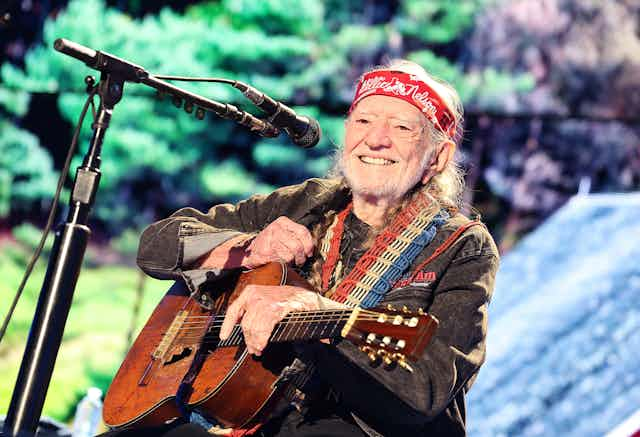
To address his debt, Nelson took a bold step by releasing "The IRS Tapes: Who'll Buy My Memories?" in 1992. This double album was intended to generate revenue for the IRS, with all profits directed towards clearing Nelson's outstanding tax liabilities. Additionally, Nelson's assets were auctioned off as part of the effort to settle his debt.:max_bytes(150000):strip_icc()/Willie-Nelson-122223-c83868beaff54af6bb1521033632171a.jpg)
The release of "The IRS Tapes" and the subsequent asset auction proved successful in resolving Nelson's financial obligations to the IRS, effectively alleviating the burden of his tax debt.
Despite his financial challenges, Nelson remained committed to his musical career, continuing to tour extensively and releasing albums with remarkable consistency throughout the 1990s and 2000s. During this period, Nelson's musical explorations expanded into various genres, including reggae, blues, jazz, and folk, demonstrating his versatility and enduring creativity as an artist. Reviews of his work during this time varied from positive to mixed, reflecting the diverse nature of his musical endeavors.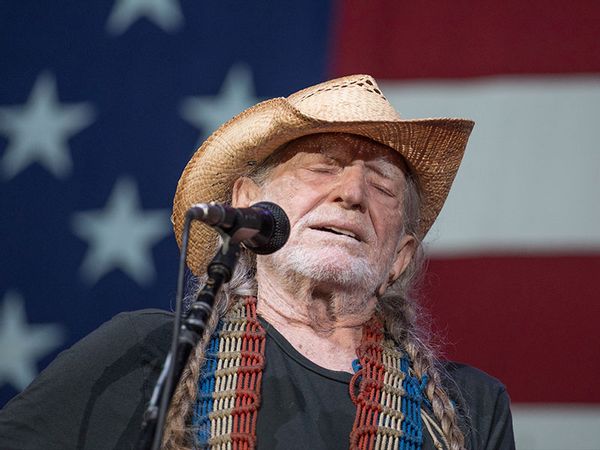
Willie Nelson's involvement in the entertainment industry extends beyond his music career. He made his debut in the film industry with a role in the 1979 movie "The Electric Horseman" and subsequently appeared in other films and television shows, showcasing his talent beyond the realm of music.
In addition to his contributions to entertainment, Nelson is a prominent activist known for his liberal views and advocacy for various causes. He serves as the co-chair of the advisory board of the National Organization for the Reform of Marijuana Laws (NORML), an organization dedicated to advocating for the legalization of marijuana. Nelson's vocal support for marijuana legalization has made him a leading figure in the movement for drug policy reform.:max_bytes(150000):strip_icc():focal(742x275:744x277)/Willie-Nelson-122223-1-e75ece4e0c9d42f79063124a4f20415f.jpg)
On the environmental front, Nelson has demonstrated his commitment to sustainability by establishing the biodiesel brand "Willie Nelson Biodiesel." This brand produces biodiesel fuel made from vegetable oil, promoting eco-friendly alternatives to traditional petroleum-based fuels.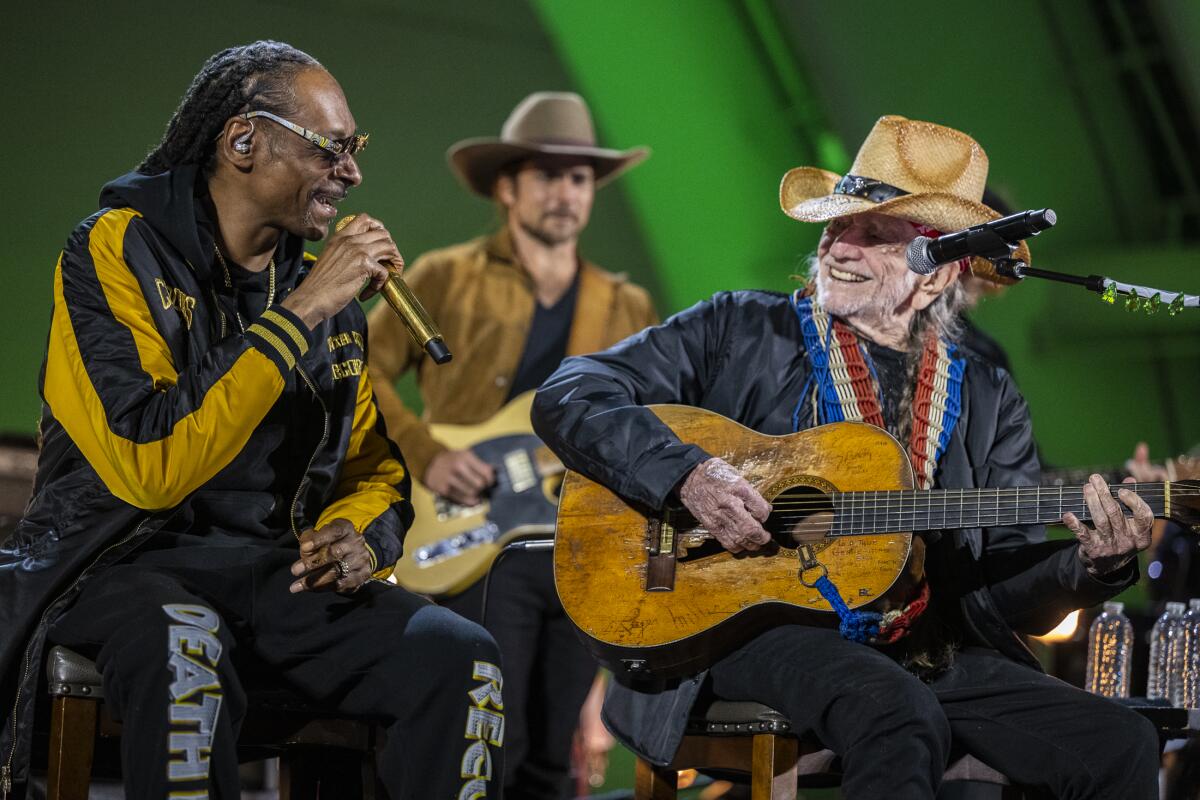
Furthermore, Nelson holds the honorary chairman position on the advisory board of the Texas Music Project, which serves as the official music charity of the state of Texas. Through his involvement with this organization, Nelson contributes to supporting music education and cultural enrichment initiatives in Texas.
Overall, Willie Nelson's activism and philanthropic efforts extend beyond his musical career, reflecting his commitment to social and environmental causes that align with his values and beliefs.
References
- Patoski 2008, p. 13.
- a b Scobey 1982, p. 58.
- ^ Hunt 2009.
- a b c Nelson 2007a, p. 29.
- ^ Laufenberg 2005, p. 473.
- a b Patoski 2008, p. 6.
- ^ Reid 2004, p. 218.
- ^ Malone 2002, p. 303.
- ^ Patoski 2008.
- a b Kienzle 2003, p. 236.
- ^ Richmond 2000, pp. 7, 8, 23.
- ^ Scobey 1982, p. 47.
- ^ Richmond 2000, p. 17.
- ^ Hann 2012.
- a b c d e Myers 1969, p. 4.
- ^ Chapman 2010, p. 392.
- ^ Richmond 2000, p. 24.
- ^ Thomson 2012, p. 24.











































